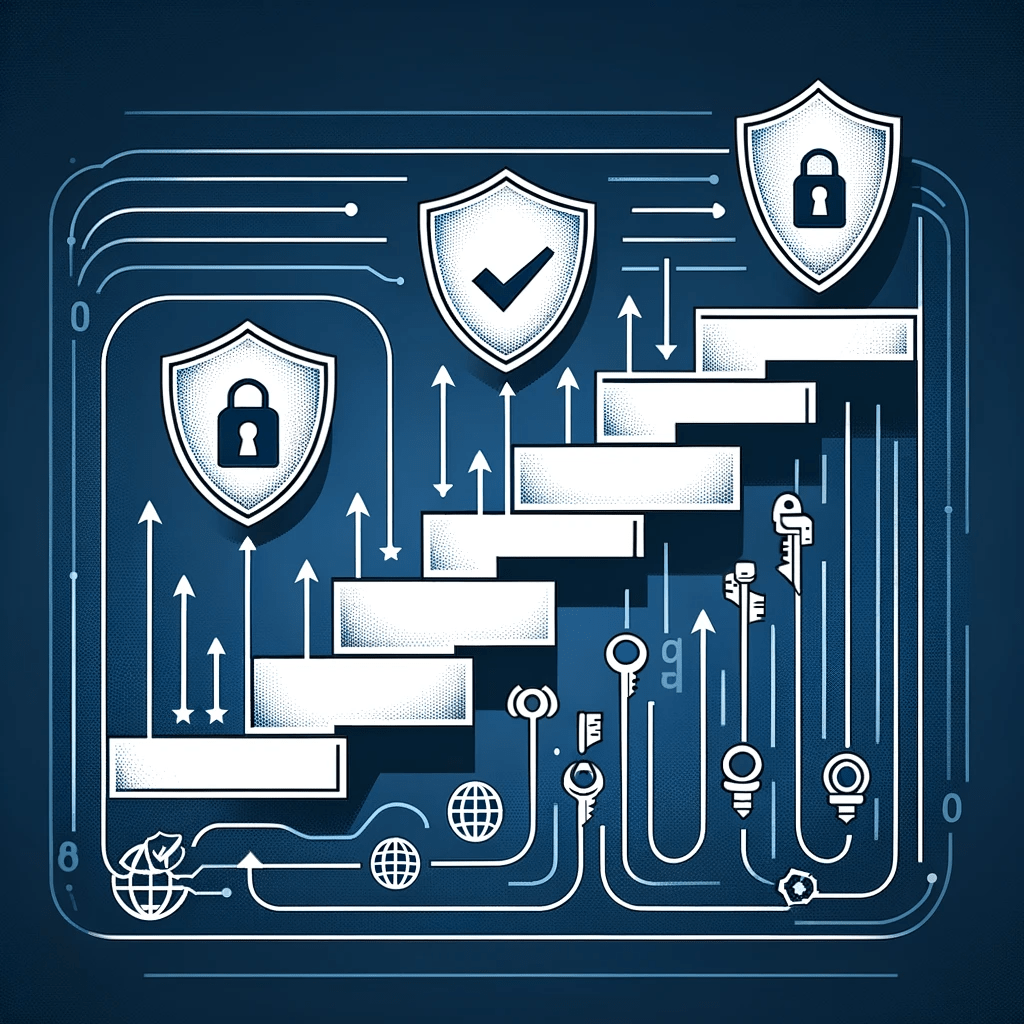Introduction
In the ever-evolving domain of cybersecurity, the demand for skilled professionals continues to surge. With cyber threats becoming more sophisticated, organizations across the globe are on a quest to bolster their defenses, making cybersecurity expertise more valuable than ever. For individuals looking to carve out a career in this critical field, earning a cybersecurity certification can be a pivotal step. However, with a myriad of certifications available, choosing the right one can be daunting. This guide aims to demystify the world of cybersecurity certifications, helping you decide which credential aligns best with your career aspirations.

1. CompTIA Security+
- Who Should Get It: Beginners in cybersecurity.
- Why: It lays a solid foundation, covering essential principles of network security, risk management, and threat assessment. Ideal for those starting their journey in cybersecurity, seeking roles like security analysts, systems administrators, or network engineers.
2. Certified Information Systems Security Professional (CISSP)
- Who Should Get It: Experienced cybersecurity professionals.
- Why: CISSP is renowned globally, focusing on advanced topics such as security and risk management, asset security, and security architecture. It’s best suited for individuals aiming for high-level positions like IT security managers, security analysts, or security architects.
3. Certified Ethical Hacker (CEH)
- Who Should Get It: Professionals interested in offensive security.
- Why: CEH certifies individuals in the specific network security discipline of Ethical Hacking from a vendor-neutral perspective. It’s ideal for those looking to understand hacking techniques from an offensive standpoint to better protect against such attacks.
4. Certified Information Security Manager (CISM)
- Who Should Get It: IT professionals moving into management.
- Why: Focused on governance, risk management, and compliance, CISM is designed for those transitioning from hands-on roles to managerial positions. It’s best for future security managers and IT consultants who aim to align information security programs with broader business goals.
5. Certified Cloud Security Professional (CCSP)
- Who Should Get It: IT and cybersecurity professionals working with cloud technology.
- Why: With the cloud becoming integral to IT infrastructure, CCSP covers cloud security architecture, design, operations, and service orchestration. It’s tailored for individuals in roles such as cloud security engineers, cloud architects, or security administrators.
6. Global Information Assurance Certification (GIAC)
- Who Should Get It: Specialists focusing on specific security tasks.
- Why: GIAC certifications are job-role specific and cover areas such as cyber defense, penetration testing, digital forensics, and incident response. It’s perfect for professionals seeking to deepen their expertise in a particular cybersecurity niche.
7. NIST Cybersecurity Framework (NCSF)
- Who Should Get It: Professionals involved in cybersecurity policy and framework implementation.
- Why: The NCSF certification is centered around the NIST Framework for improving critical infrastructure cybersecurity. It’s most suitable for IT auditors, compliance analysts, and security policy makers.
Making the Right Choice
Choosing the right certification depends on several factors, including your current skill level, career goals, and the specific cybersecurity domain you’re passionate about. Beginners might find foundational certifications like CompTIA Security+ more accessible, while experienced professionals may seek to specialize with certifications like CEH or advance into managerial roles with CISM.
The Path Forward
Regardless of the certification you choose, the journey toward becoming a cybersecurity professional is a continuous learning process. As the cyber threat landscape evolves, so too must your skills and knowledge. Certifications not only validate your expertise but also demonstrate your commitment to staying at the forefront of cybersecurity advancements.
By carefully selecting a certification that aligns with your career trajectory, you can open doors to new opportunities and play a crucial role in safeguarding digital assets against emerging threats.





